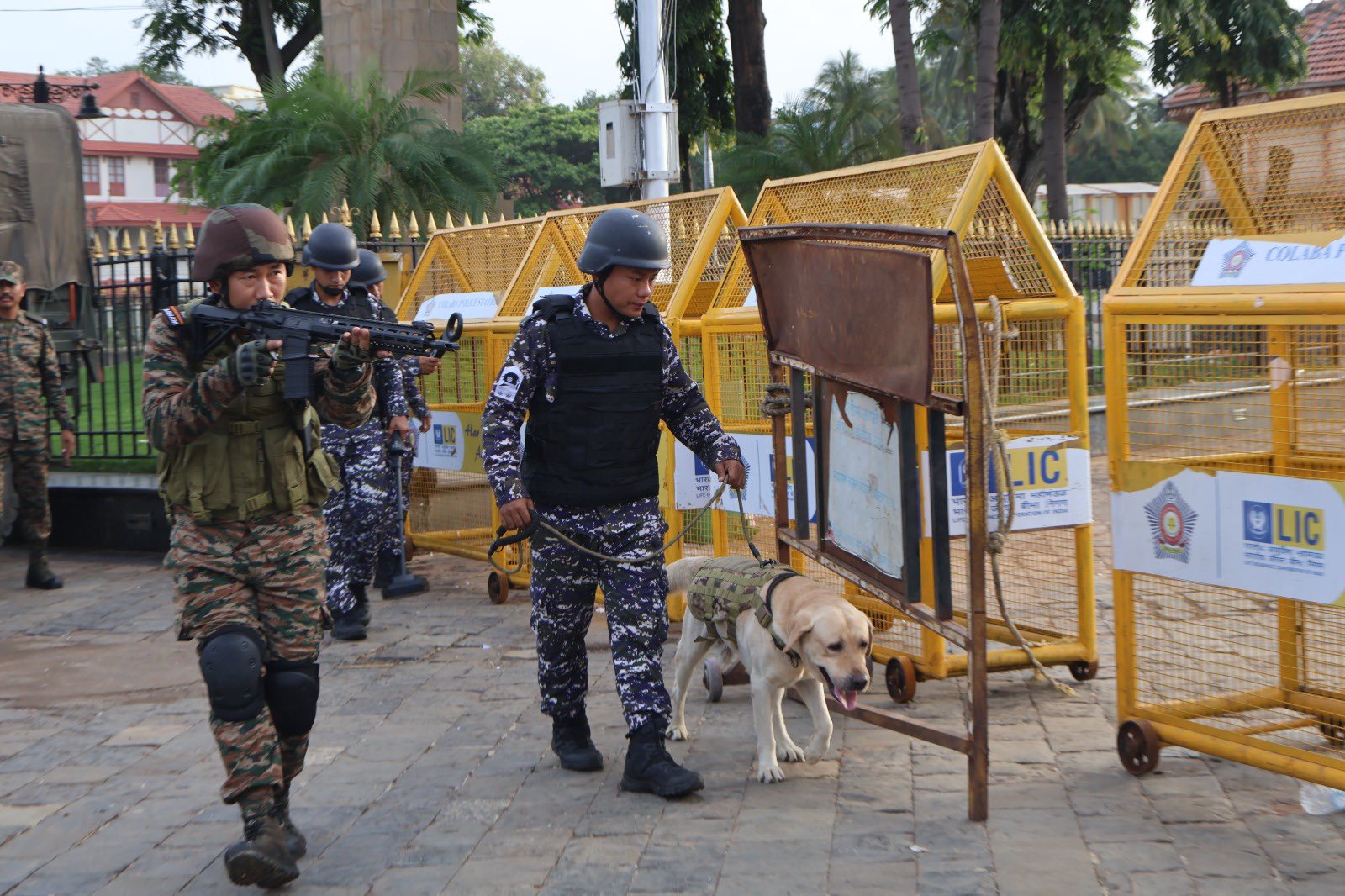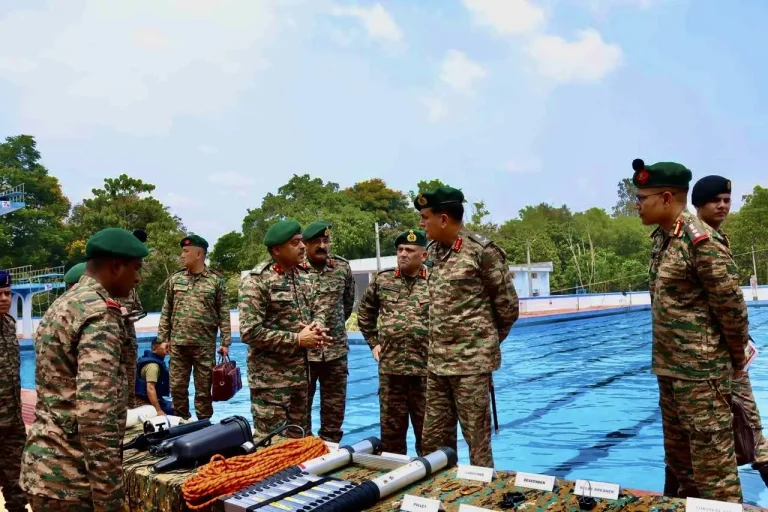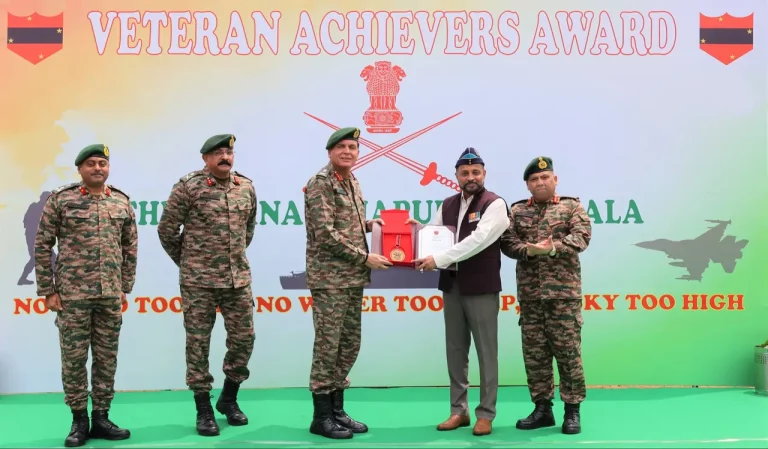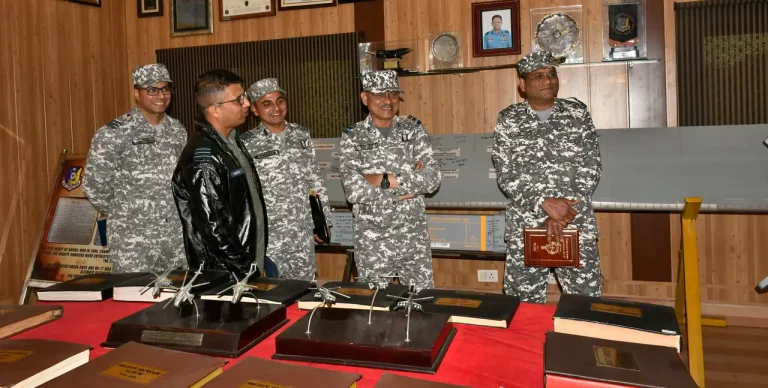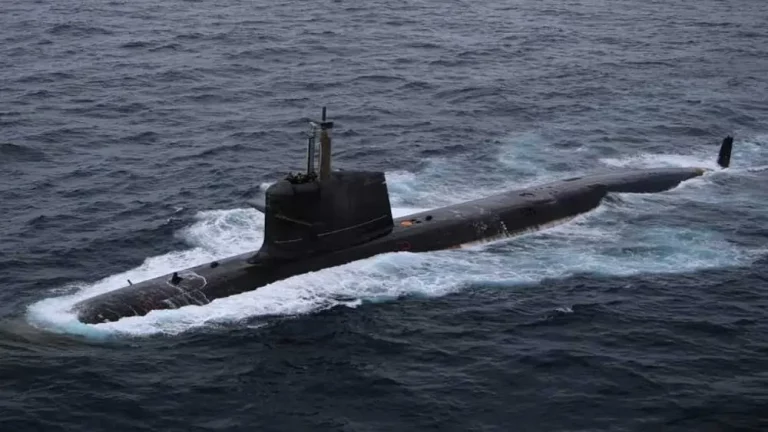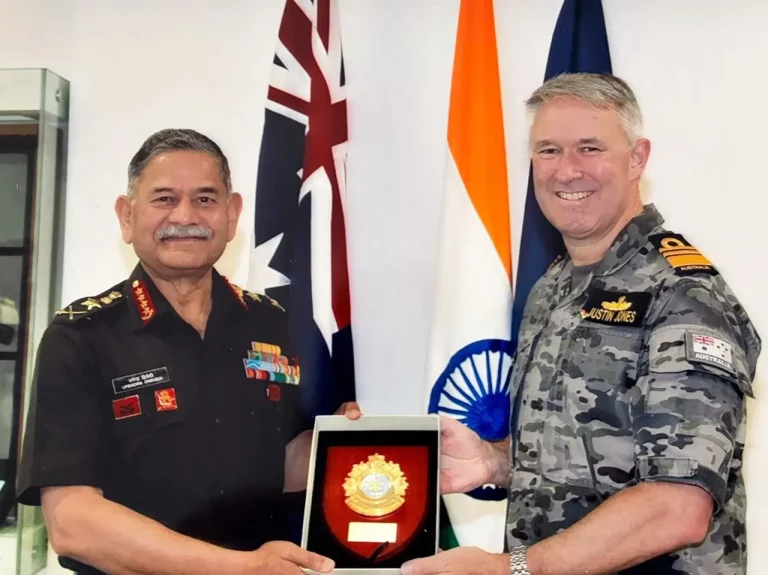The city of Mumbai served as the backdrop for an extensive inter-services security exercise named “Mumbai Kavach 2025,” held in the strategically vital Colaba area. Organized by the Indian Army’s Southern Command, the exercise highlighted a collaborative effort among multiple branches of the armed forces, including the Indian Army, Indian Navy, Indian Coast Guard, Force One, and Mumbai Police, showcasing India’s dedication to enhancing defense preparedness.
Conducted near the historic Taj Mahal Palace Hotel, which was notably targeted during the 2008 Mumbai terror attacks, the choice of location carried significant symbolism. It emphasized not only national resilience but also the imperative of safeguarding iconic landmarks.
The exercise aimed to refine real-time response strategies through realistic simulations of complex scenarios focused on threat neutralization, casualty evacuation, and the execution of joint operations. Participants engaged in coordinated movements across urban landscapes, practicing essential skills like room-clearance drills and close-quarter combat tactics. Equipped with advanced tactical gear, they were also supported by trained canine units, representing a modern approach to counter-terrorism and internal security measures.
This comprehensive drill is part of a larger national initiative aimed at bolstering joint operations and inter-agency coordination, reflecting India’s evolving security doctrine that addresses multifaceted threats such as terrorism, cyber warfare, and unpredictable adversaries. Previous similar exercises, including Exercise Khanjar-XII with Kyrgyzstan earlier this year, illustrate a strategic shift toward improved interoperability between Indian forces and international collaborators.
With the successful execution of “Mumbai Kavach 2025,” India has demonstrated its commitment to readiness in facing modern threats through agile and cohesive force deployment, ensuring that critical urban areas are well-protected against a diverse array of potential challenges.
